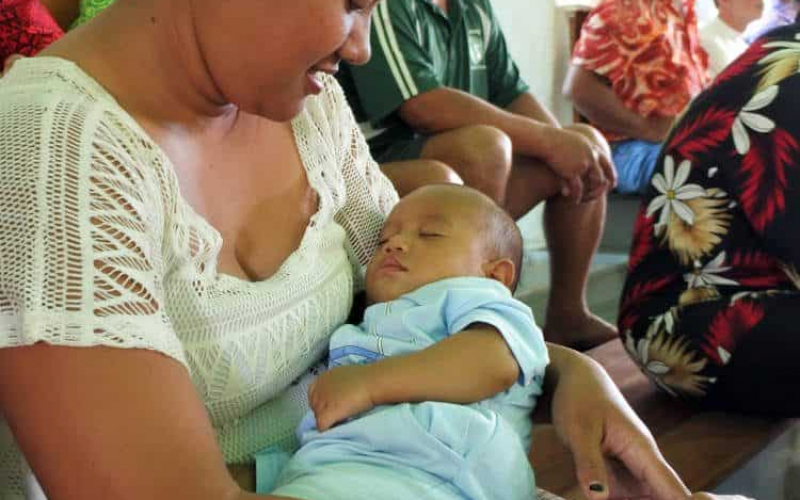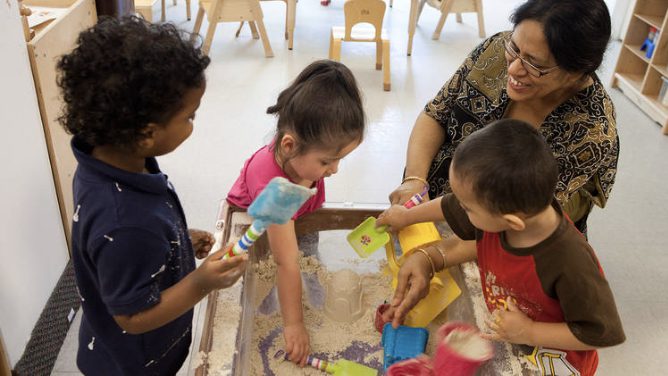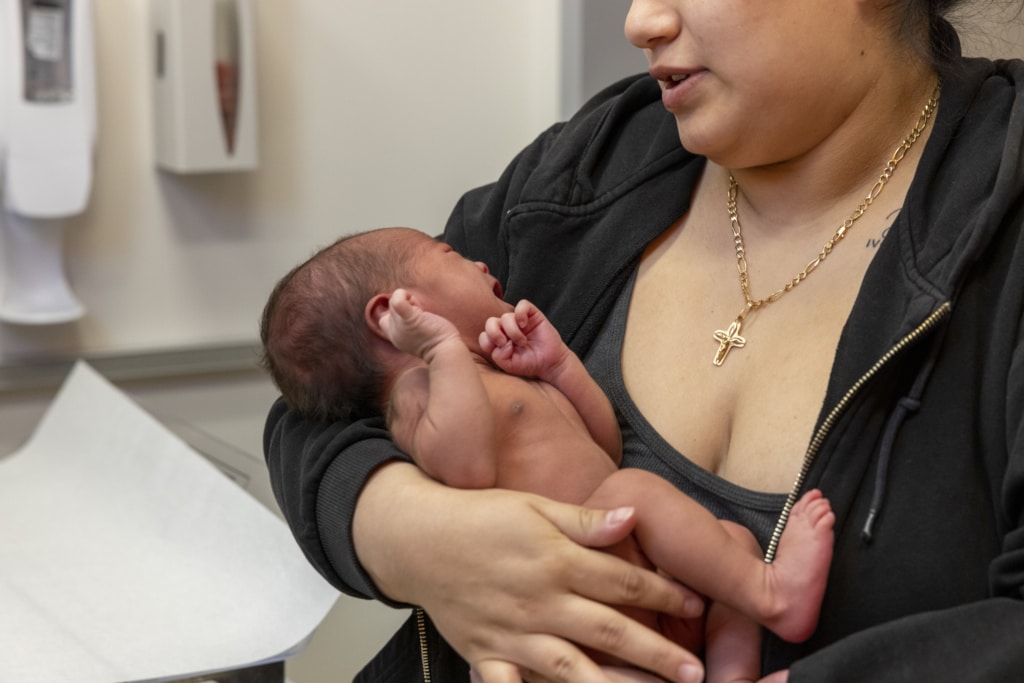Kim, Parent Partner and Makua Ally, Family WRAP Department, EPIC ʻOhana.
In Kim’s role as a parent partner, she assists parents involved in Hawai‘i’s child welfare system (CWS) in navigating support so they can reunite with their children and close their CWS case.




